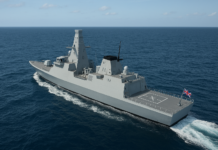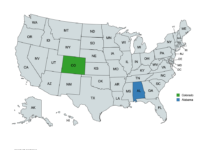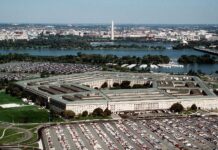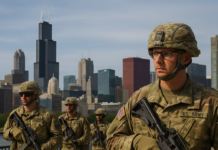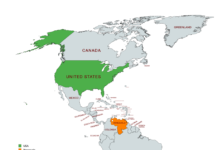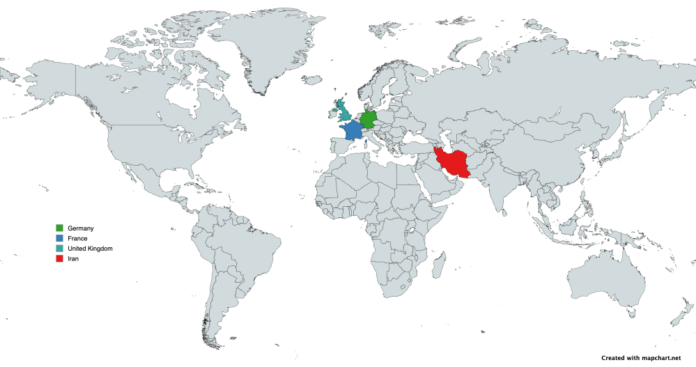
Britain, France, and Germany are moving to reactivate United Nations sanctions on Iran, a step that reflects deepening frustration with Tehran’s nuclear program and the collapse of recent diplomatic talks. Known as the E3, the three governments informed U.S. Secretary of State Marco Rubio of their decision and are expected to deliver a formal letter to the U.N. Security Council.
The decision comes after a meeting earlier this week between the E3 and Iranian officials failed to produce concrete commitments. The Europeans had hoped to secure renewed cooperation from Tehran before their authority to trigger the so-called “snapback” mechanism expires in mid-October. That mechanism, created under the 2015 nuclear accord, allows the reimposition of wide-ranging sanctions if Iran is judged to be out of compliance.
Under the U.N. process, sanctions would return within 30 days of the formal request. Measures would target Iran’s financial system, oil exports, defense trade, and other sectors, effectively restoring the restrictions that were lifted a decade ago when the agreement was first reached. European officials say they are still open to deferring the action if Iran demonstrates willingness to resume full inspections by the International Atomic Energy Agency (IAEA) and engage in discussions with Washington.
Tensions are already high following U.S. and Israeli strikes on Iranian nuclear facilities in June. Tehran has accused the West of aggression and warned of a “harsh response” if sanctions are restored. Iran’s Deputy Foreign Minister Kazem Gharibabadi told state television that reimposing sanctions would sever cooperation with the IAEA and shift any dialogue strictly into the Security Council framework. He argued that Europe would be closing the door on broader diplomatic engagement.
Iran has been enriching uranium up to 60 percent purity, edging closer to the 90 percent level associated with weapons-grade material. The IAEA has reported that Iran possessed enough stockpile before the June strikes to potentially build several nuclear devices if further refined. While the agency has said it cannot confirm that Iran’s program is entirely peaceful, it also maintains there is no evidence of an active weapons project.
The E3 had floated the possibility of delaying sanctions for six months if Iran agreed to resume cooperation and account for its enriched uranium. Russia has also entered the debate, circulating a draft resolution at the U.N. that would push back the deadline for sanctions and allow more time for negotiations. Moscow has signaled a willingness to support Tehran, though it cannot block a snapback if Europe initiates it.
Iran insists its nuclear program is for civilian purposes and says the West has failed to uphold its commitments after the United States withdrew from the nuclear deal in 2018. Iranian President Masoud Pezeshkian has held talks with Russian President Vladimir Putin, exploring whether Moscow could help shield Tehran from renewed penalties. China has likewise voiced sympathy with Iran’s position, though both Russia and China are limited in their ability to stop the automatic U.N. process once triggered.
The path ahead remains uncertain. European officials have set a firm end-of-August deadline to decide whether to proceed, hoping the looming threat will push Iran toward cooperation. For now, inspections remain limited, trust between the parties is scarce, and the global community is left weighing whether renewed sanctions will constrain Tehran’s program or further entrench divisions.
Green = Germany
Blue = France
Light Green = United Kingdom
Red = Iran
Image is licensed under the Creative Commons Attribution-Share Alike 4.0 International license and was created using MapChart (https://mapchart.net).
